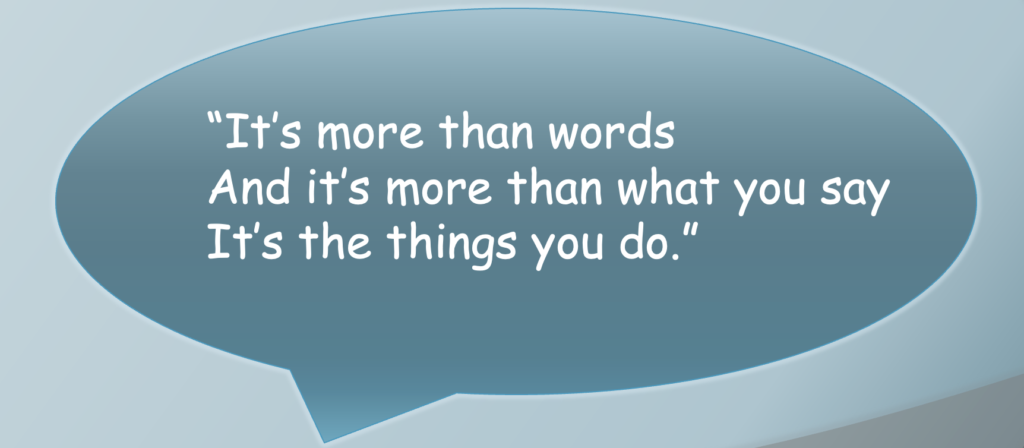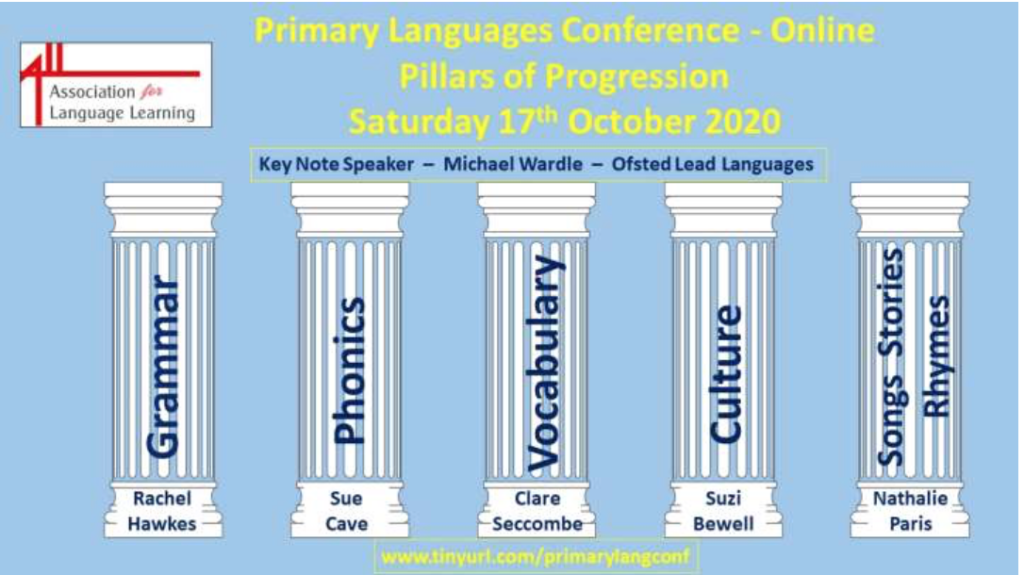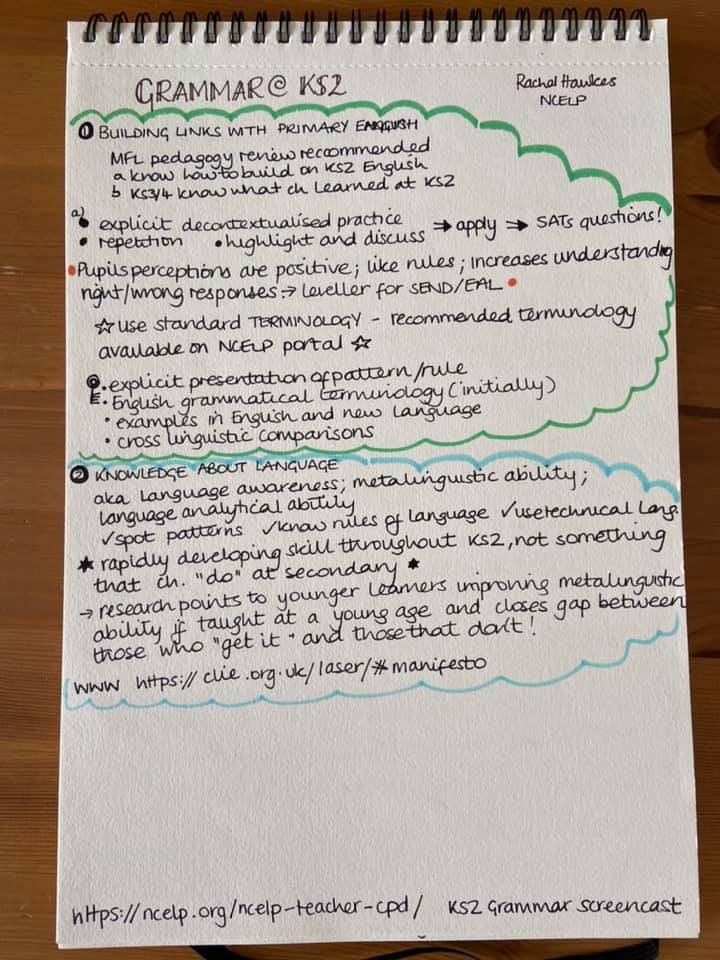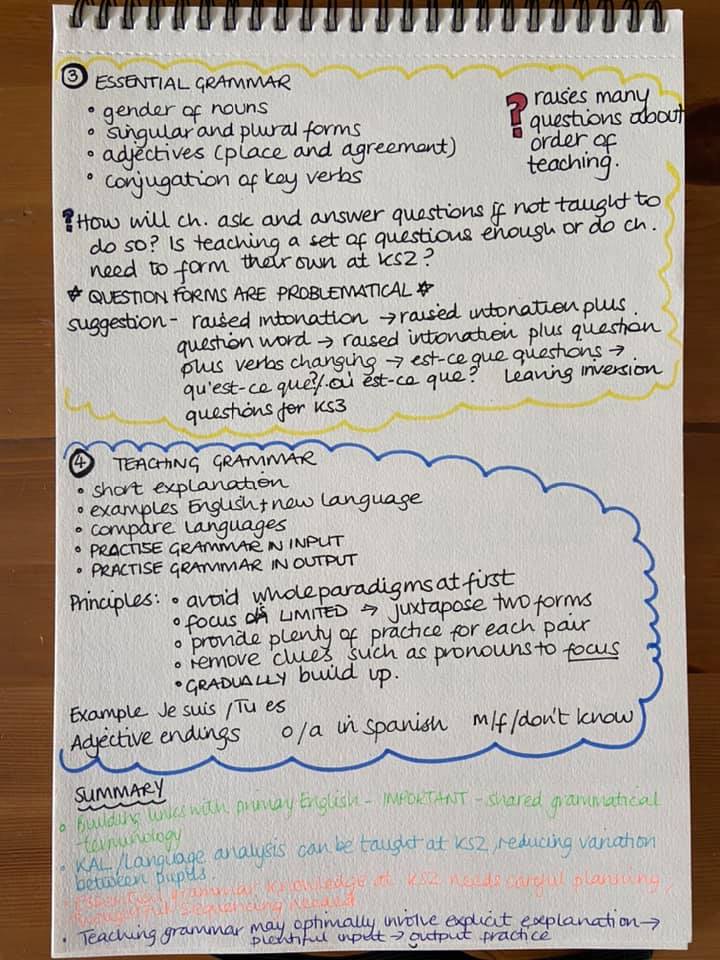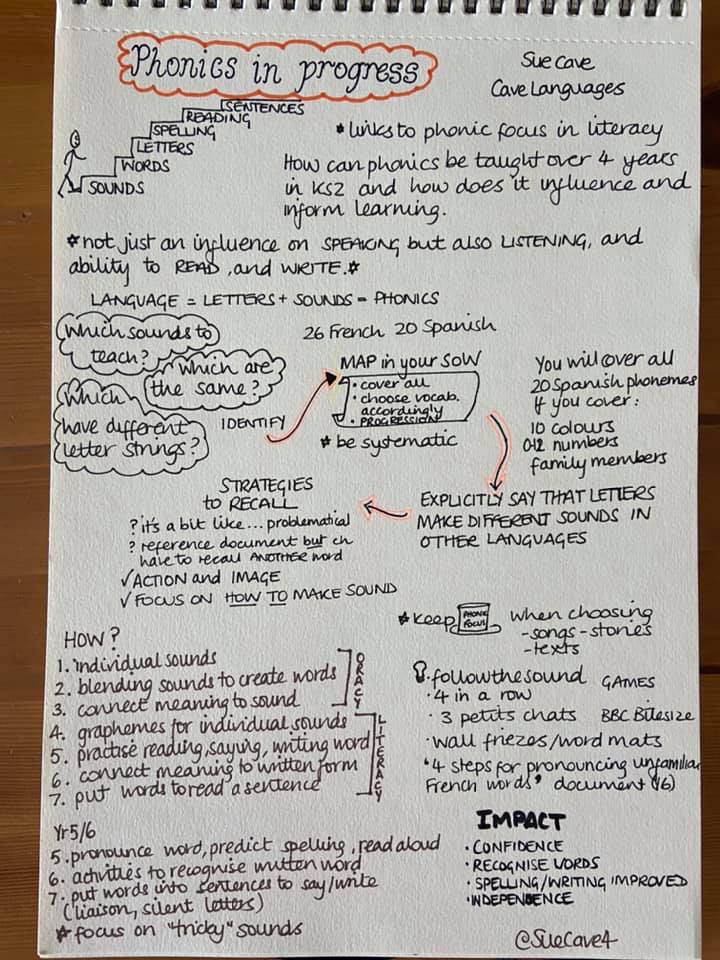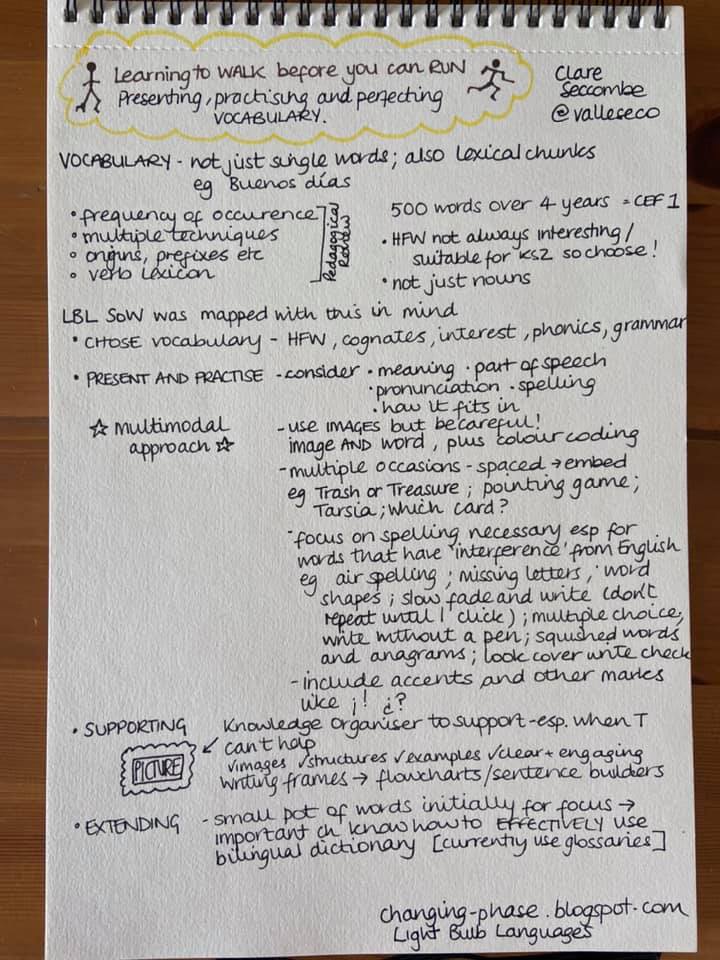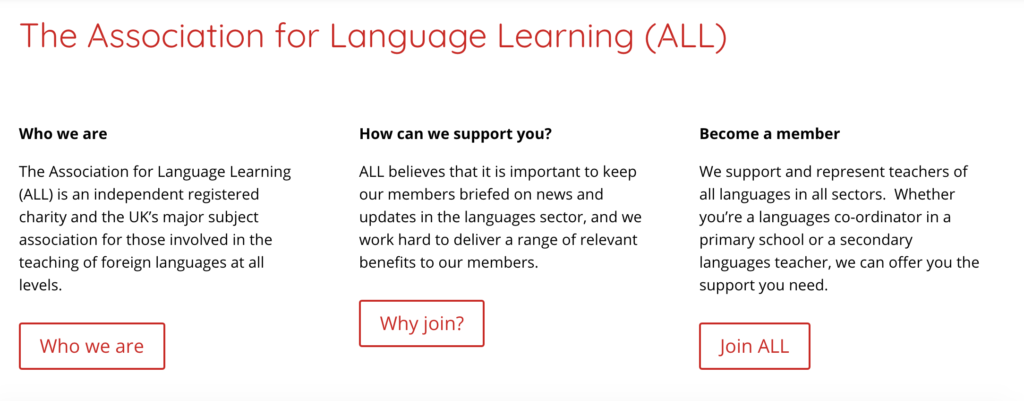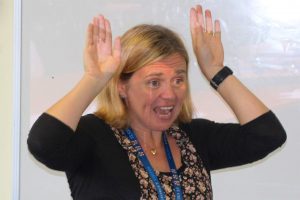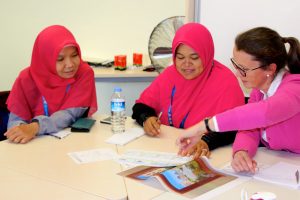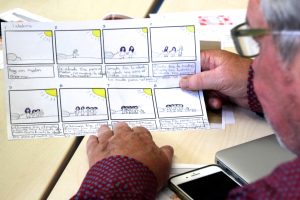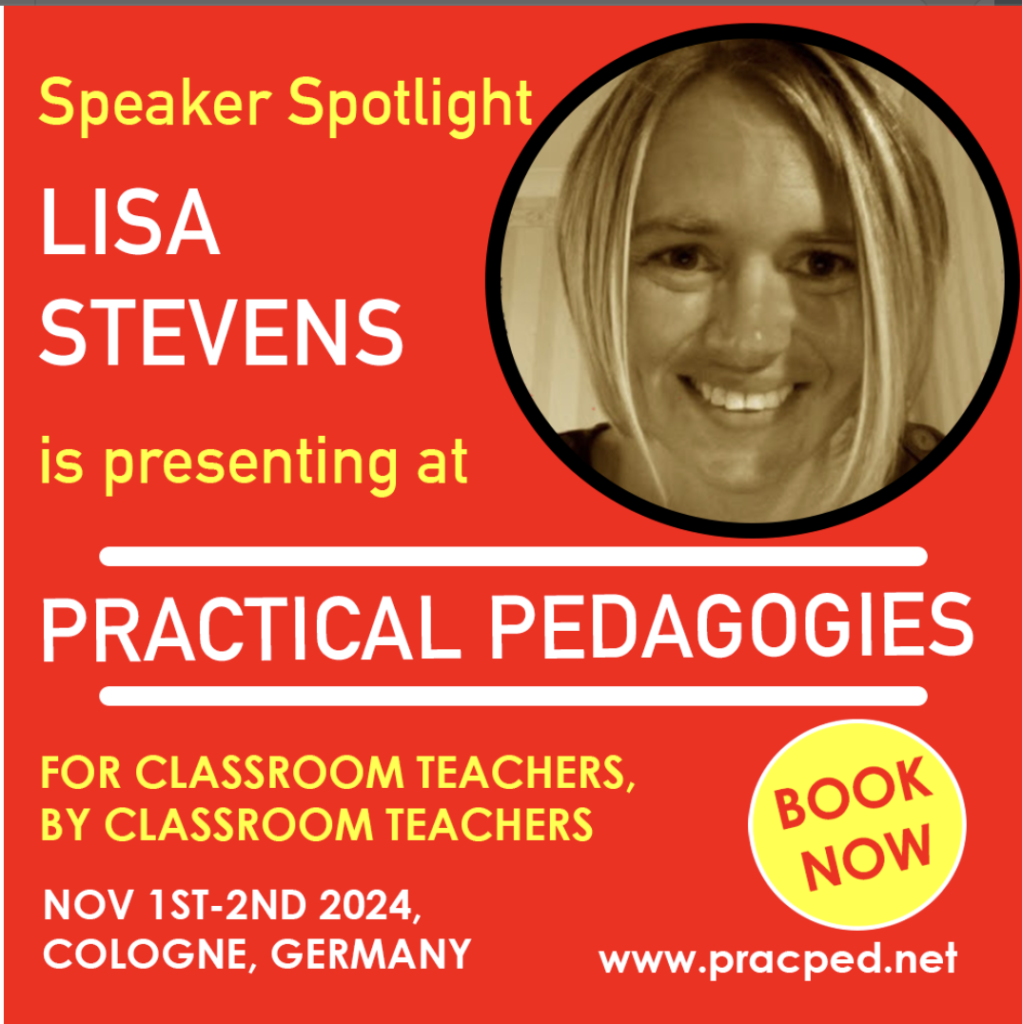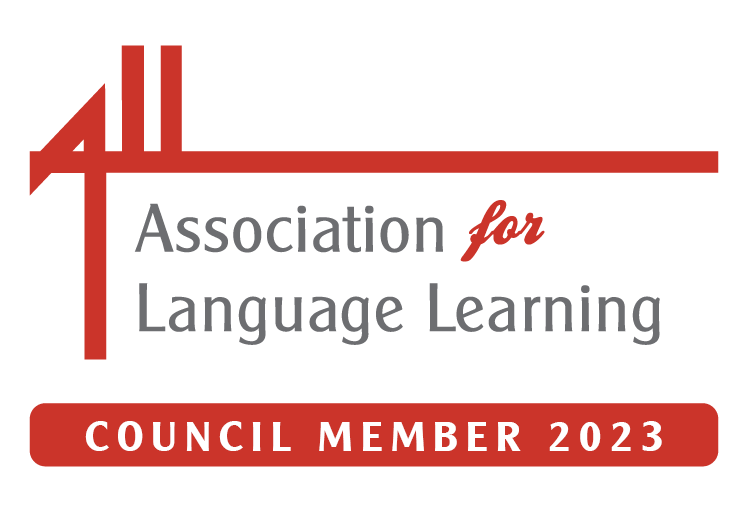More than words – language learning is about more than vocabulary lists
Yesterday I had the great pleasure of presenting at the PSB MFL conference via Zoom.
My presentation was entitled More than words with the subtitle Language learning is about more than learning lists of vocabulary. In it, I discussed my ‘idea of what ‘list of ingredients’ for language learning, particularly in the primary context. After discussing OFSTED’s 3 pillars and 3Is, I moved on to present my 7Cs!

And what are my 7Cs?
Context
Consolidation
Confidence
Communication
Culture
Celebration
Connection
I was thrilled with the response to my presentation and want to thank all the attendees for their kind words; I was floating on air all day despite an afternoon of stircrazy 10 year olds who’d not been out to play all day followed by parents evening!
If you’re interested in what else I shared, my slides can be viewed below.
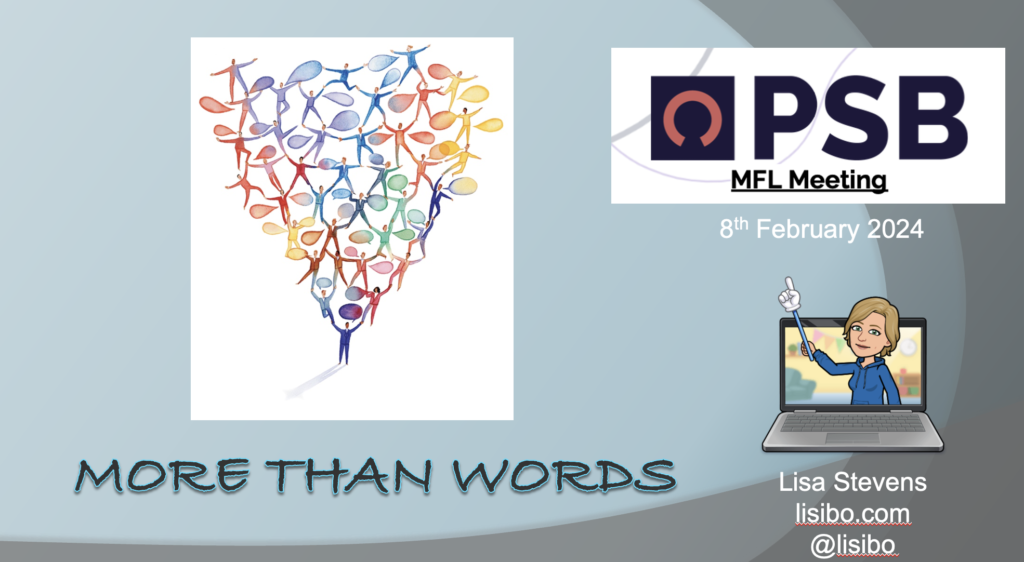
What do you think? Have I missed a C? Let me know!
